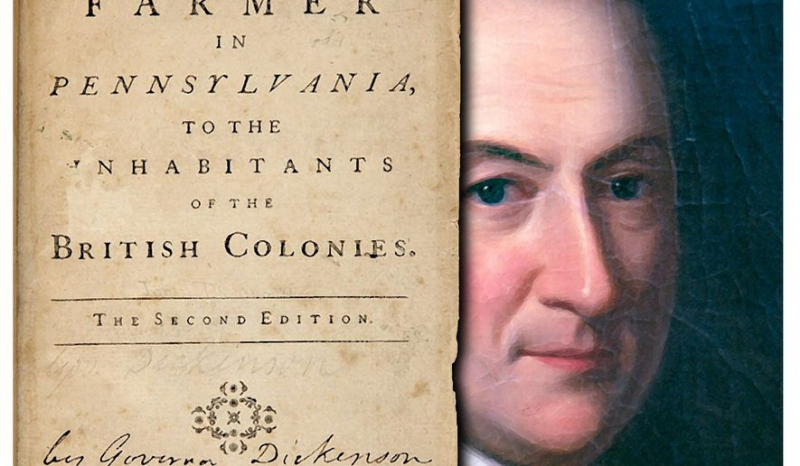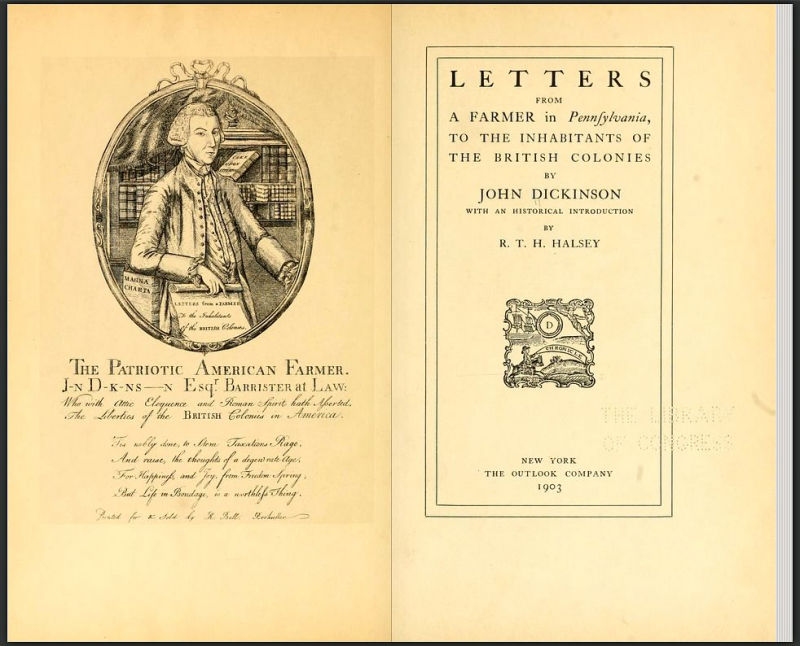John Dickinson desired to get involved in politics
While in London, he heard discussions about Enlightenment philosophy and individual rights from prominent thinkers of the day. The encounter made the connection between history and politics very clear and had an impact on Dickinson's whole life. Dickinson saw his name in the legal community increase after moving back to Philadelphia in 1757 to practice law. Dickinson quickly rose to prominence as the head of the conservative assembly opposition in Pennsylvania. One of the interesting facts about John Dickinson is that he quickly increased his fame by opposing Benjamin Franklin over the proposal to replace Pennsylvania's private charter with a royal charter. He lost his position in 1764, which weakened his popularity, but he was still able to gain the respect of other conservative fraction members.
He was regarded as a powerful politician who would soon bring about some significant changes since he produced The Late Regulations Respecting the British Colonies. As a result, he was elected to the Pennsylvania Assembly as well as the Delaware legislature as a member. Later, in 1765, Dickinson was selected to represent Pennsylvania in the Stamp Act Congress. He wrote the body's anti-Stamp Act resolution with his powerful, composed voice and made a significant contribution to the bill's formulation.
Letters from a Farmer in Pennsylvania, written by Dickinson in opposition to the Townshend Acts, was published. Dickinson's letters, which were initially published in the Pennsylvania Chronicle, were reprinted by many other newspapers and ended up becoming one of the most significant political works in American history before the American Revolution. Dickinson contended that while Parliament had the authority to control commerce, it lacked the authority to impose charges to raise money. Dickinson also forewarned that further taxes would be imposed on the colonies by Parliament if they agreed to the Townshend Acts. John Dickinson also penned his Letters of a Pennsylvania Farmer essays at this time, which subsequently became a book. He discussed the non-importation and non-exportation agreements that the United States had signed against Great Britain in these writings. He was elected to the American Philosophical Society in 1768 as a member after submitting these letters.










